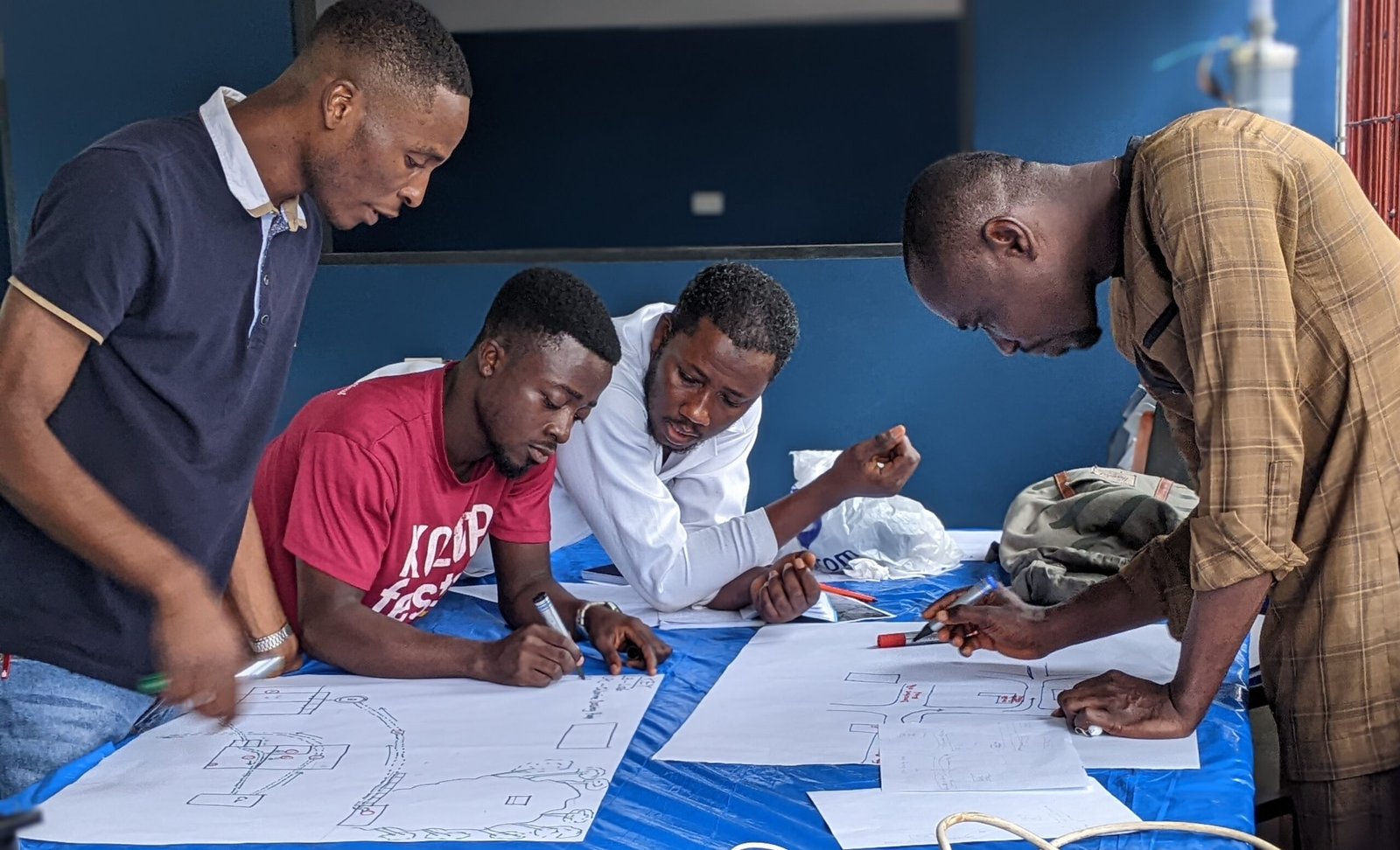Thursday, 5 March 2026
GWC launches East Africa water project with grants from Grundfos Coca-Cola
The initial phase is supported by $1.1 million in grants from the Grundfos Foundation and the Coca-Cola Foundation Global Water Center (GWC) is launching a groundbreaking project to improve access…

The initial phase is supported by $1.1 million in grants from the Grundfos Foundation and the Coca-Cola Foundation
Global Water Center (GWC) is launching a groundbreaking project to improve access to safely managed water across East Africa. The initial phase is supported by $1.1 million in grants from the Grundfos Foundation and the Coca-Cola Foundation. The project focuses on skills development in the rural water sector in Kenya, Tanzania, Ethiopia, and Uganda while creating a scalable model to address the critical shortage of water professionals worldwide.
During the first phase of the project, GWC will use the grants to undertake a gap analysis to identify the most urgent vocational training needs, initiate course design, and launch a government technical assistance program. “Safe and reliable water access is a cornerstone in securing livelihoods, health, and social progress in rural areas. It takes both knowledge and skill to maintain modern water systems, and we want to assist governments in building capacity in the water sector to bring essential services to their citizens,” says Kim Nøhr Skibsted, CEO, of Grundfos Foundation.
The recent Global Analysis and Assessment of Sanitation and Drinking Water (GLAAS) report noted a severe shortage of skilled professionals needed for the design, construction, operation, maintenance, and monitoring of water and sanitation systems in Africa. Many countries in the region have less than 50 per cent of the necessary workforce, posing a significant risk to sustainable access to safe water and consequently, the health and well-being of communities.
This project seeks to fill the human resources gap through sustainable, scalable capacity development in the following ways: 1) Partnering with global and local stakeholders to help ensure the project is not only innovative but also deeply rooted in local contexts. 2) Including climate adaptation strategies to protect water systems against environmental challenges. 3) Equipping local governments and professionals with technical skills to enable them to sustain and expand water services in the long term.
Technology
WA Scientists Discover New Deep-Sea Crustacean Stocks with Strong Commercial Potential
Mar 05, 2026 | Australia
NSF and Circle H Collaborate to Enable Global Certification Access
Mar 04, 2026 | Company News
Food Testing
NSF and Circle H Collaborate to Enable Global Certification Access
Mar 04, 2026 | Company News
Australian Medical Bodies Push for Compulsory Health Star Labelling
Feb 24, 2026 | Australia
Tim Hortons Singapore Secures Majlis Ugama Islam Singapura Halal Certification Ahead of Ramadan
Feb 23, 2026 | Company News
More Popular
Singapore Expands Support for Local Farms to Strengthen Food Security
Mar 05, 2026 | Food Security
M2 Ingredients Launches M2Brew Functional Mushroom Ingredient
Mar 05, 2026 | Beverages





